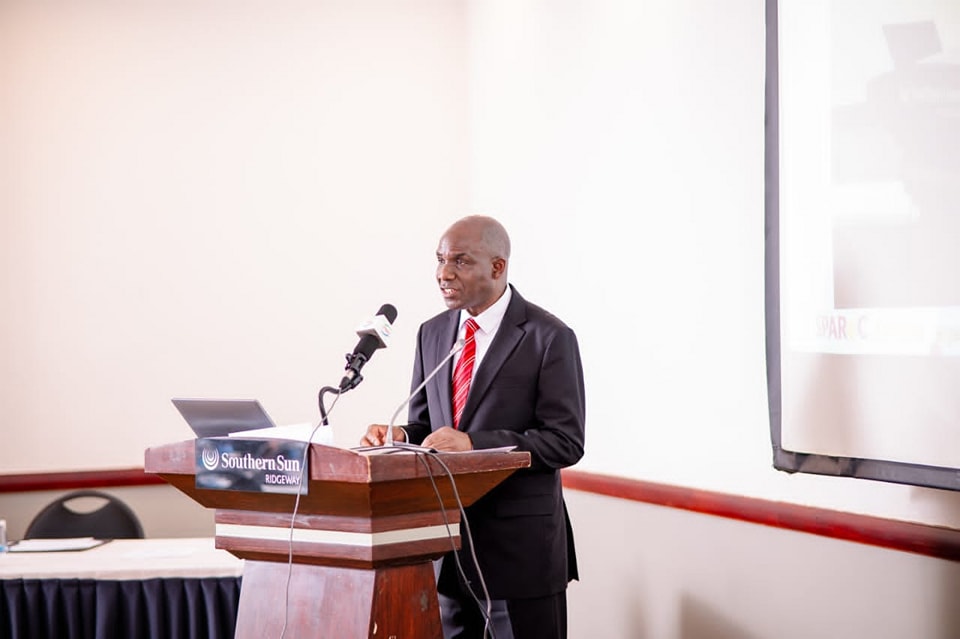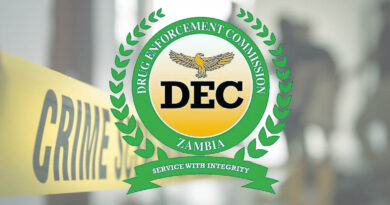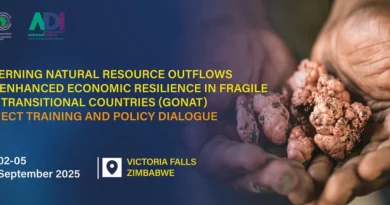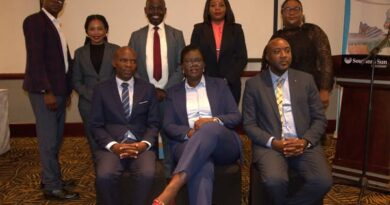Zambia Hosts Capacity Building Workshop to Accelerate Carbon Market Readiness
The Ministry of Green Economy and Environment (MGEE), in partnership with the Supporting Preparedness for Article 6 Cooperation (SPAR6C) program, held a capacity building workshop for carbon project developers on Wednesday, April 16, 2025, in Lusaka.
The workshop aimed to provide clarity on Zambia’s carbon market framework, particularly the submission and transition of carbon projects under Article 6 of the Paris Agreement.
Held at the Southern Sun Hotel, the event brought together key players from the public and private sectors, including the Technical Committee on Green Economy and Climate Change (TC-GECC), international partners, and project developers seeking to navigate the evolving carbon market landscape.
Dr. Douty Chibamba, Permanent Secretary at MGEE—represented by Mr. Ranford Simumbwe—emphasized the ministry’s commitment to operationalizing carbon markets. “We have facilitated the enactment of the Green Economy and Climate Change Act No. 18 of 2024 and developed a comprehensive carbon market framework to guide international participation,” he said.
The workshop equipped developers with knowledge on submitting and transitioning voluntary carbon market (VCM) projects under Article 6, including pathways for projects seeking or not seeking corresponding adjustments. Participants also learned how to access buyers and navigate Zambia’s Carbon Market Page for essential project information.
“With increasing interest from global buyers of emission reduction certificates, ensuring that developers understand high-quality mitigation standards is crucial,” said Joachim Schnurr, SPAR6C Team Lead. “This not only boosts project bankability but also strengthens Zambia’s credibility on the global carbon market stage.”
Chanda Banda, Senior Manager at One Acre Fund, highlighted the importance of transparency and inclusivity. “Workshops like this are a crucial step toward a carbon market that is both environmentally credible and socially inclusive. Smallholder farmers must remain central to these developments,” she noted.
According to the MGEE, all carbon projects must register and report to the Zambia Environmental Management Agency (ZEMA), ensuring national oversight and accountability.
Looking ahead, SPAR6C will facilitate matchmaking between local developers and international buyers. It will also assist the ministry in screening project proposals against buyer requirements, further accelerating Zambia’s access to climate finance.
The workshop was hosted with support from GGGI, GFA Consulting Group, and the UNEP Copenhagen Climate Centre under the SPAR6C program, which aims to build national readiness for carbon market cooperation under Article 6 in Zambia and three other countries.



